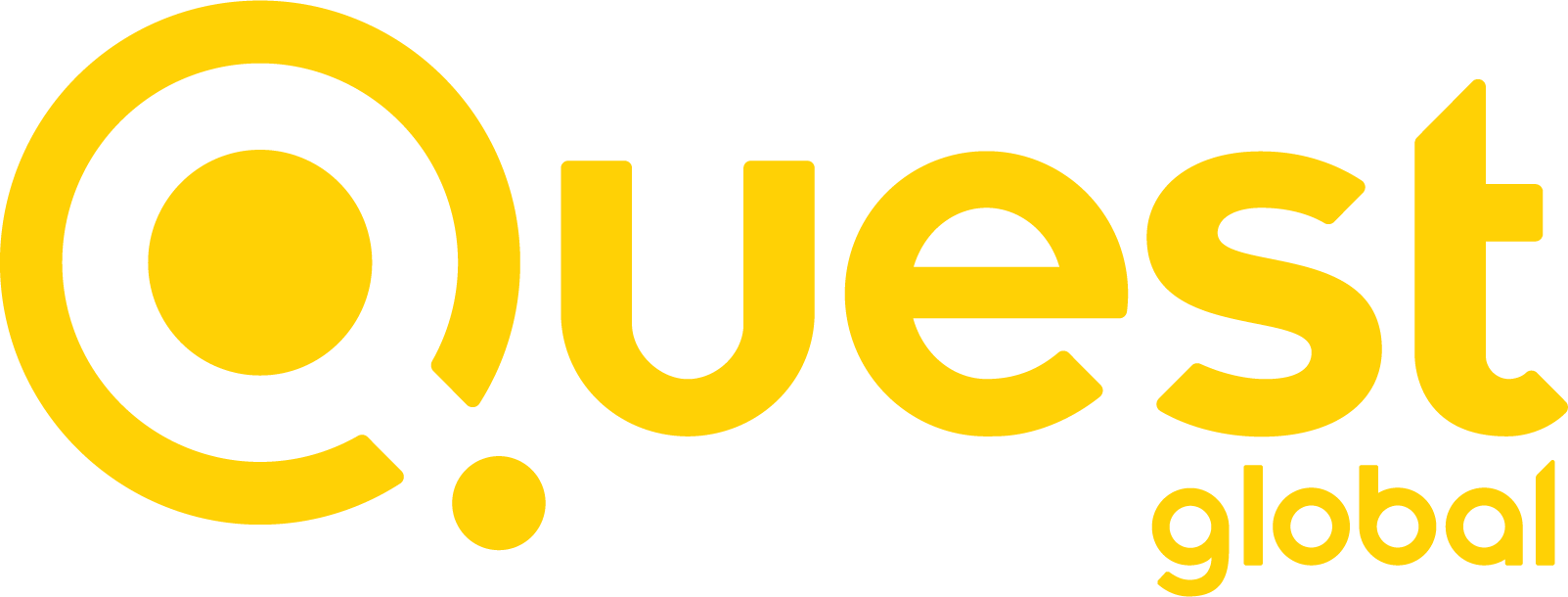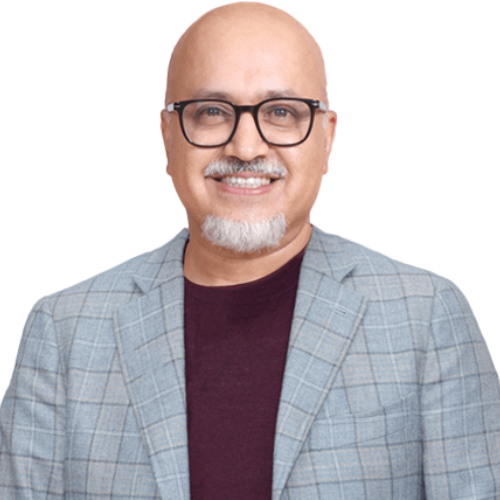At Quest Global, our mantra has always been to be the trusted partner for our clients. As I reflect on our journey, I am proud to say that many of our client relationships are almost as old as the company itself. This longevity speaks volumes about the trust we have built over the years. Reflecting on this legacy, I have distilled some insights on what has enabled us to play this privileged role with our clients.
Trust, I truly believe, is the cornerstone of all enduring business relationships. It is not something that happens overnight but is rather a result of consistent actions over time. Allow me to share some personal experiences and insights on what it truly means to be a trusted partner to our clients, as well as the steps we have taken at Quest Global to earn and maintain this trust.
The Nature of Trust
I don’t like to speak in absolutes, but I am certain that almost everyone can attest to the importance of trust in relationships, in business, and life. Many of us can identify the exact moments where trust was broken in various relationships, and yet we likely cannot articulate the numerous acts that led to trust. Trust, at its core, is about being there for people through good, bad, and ugly times. We know that trust takes many years to build for most, but it is often lost in a single transaction.
Being present during challenging times is particularly important. It is easy to be there when things are going well, but the real test comes up during difficult periods. This is when clients need us most, and our support can make the most significant impact.
Empathy–The Heart of Understanding
One of the most important elements in building trust is empathy—the ability to truly listen and understand our clients’ perspectives. Trust can never blossom when one party is focused on personal objectives or sales targets. Instead, we must put ourselves in our clients’ shoes and ask, “What are they going through? How would they feel?”
I must add that I don’t recommend heroics to earn trust. These are exceptions. In fact, as relationships mature, both parties mutually respect the other enough to be quite conscious of seeking extraordinary assistance because they know the answer would be ‘yes.’ That assurance is deeply respected and is sparingly used. Isn’t that the beauty of trust?
Looking Beyond Work
Building trust is not limited to solving business problems. We actively seek to understand our clients’ interests outside of work. Whether it is music, sports, or brewing beer, finding these common interests helps us connect on a more personal level.
I remember a particularly poignant moment with a client who was retiring after serving over 40 years in his career. I asked him if he could share one or two key lessons from his experiences. He was surprised by this question as not many asked him this, but it led to a profound insight. He shared an analogy about rice fields, explaining that as rice grains grow bigger, the weight of the grains causes the plant to bend and bow down. His message was that the more success we achieve, the more humble we should become.
The Root Of Trust Is Entrenched In Company Culture
How we treat our own people directly influences how they interact with clients. At Quest Global, we have cultivated a culture that values trust, openness, and long-term thinking.
For example, we do not solely focus on quarterly results. While we certainly aim to meet our targets, we place greater emphasis on doing the right things for the long-term benefit of our clients and our company.
This approach encourages our people to think beyond short-term gains and focus on building lasting relationships with our clients. It also creates an environment where people feel comfortable being open about their strengths and weaknesses, which in turn leads to more genuine connections both internally and with clients.
Consistency and Long-Term Commitment
Trust requires consistent effort and a long-term commitment. This was particularly evident during the COVID-19 pandemic.
We had just hired Pete, a senior leader from a major engineering firm, when the pandemic hit, and our business took a significant downturn. Instead of letting Pete go, we stood by him, reassuring him and keeping him focused on what he needed to do. We gave him time to build relationships and knock on doors.
This decision and belief in playing the long game paid off when the economy recovered. Pete’s maintained relationships led to significant new business opportunities, and now he is leading one of our fastest-growing business units.
Self-Awareness and Transparency
Self-awareness plays a crucial role in building trust. Acknowledging our strengths and areas for improvement can actually accelerate the trust-building process. As a leader, I make it a point to be transparent about my capabilities and where I might need support. This openness encourages others to do the same, creating an environment of mutual understanding and support.
I have been upfront with my team about my tendency to occasionally run behind schedule. It demonstrates that I am human, just like everyone else, and face similar challenges. This transparency gives others the confidence to be open about their own areas for growth, nurturing a culture of continuous improvement and authentic communication.
In the end, trust is not just about what we say but what we do consistently over time. Like the rice plant that bends with the weight of its grains, we aim to grow in success while remaining humble and committed to our client’s needs. This is the foundation upon which we build lasting partnerships, drive innovation, and create value that extends far beyond any project or contract.




